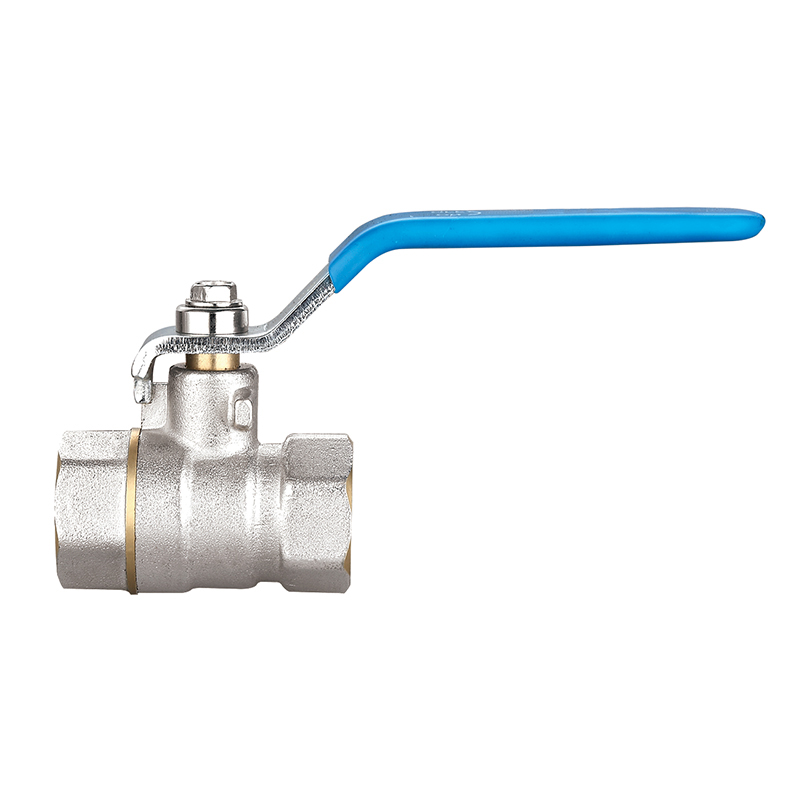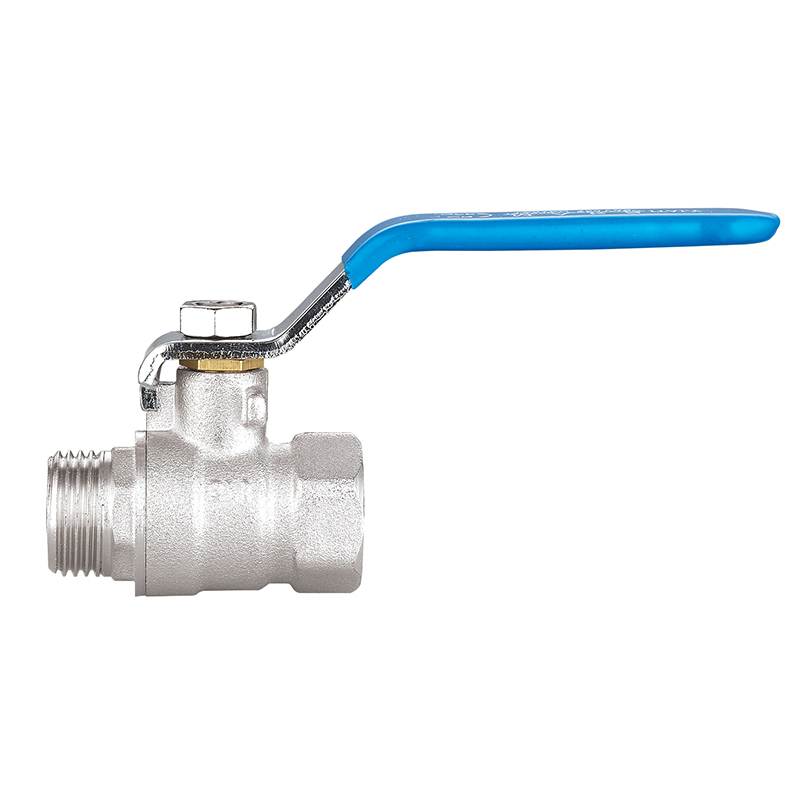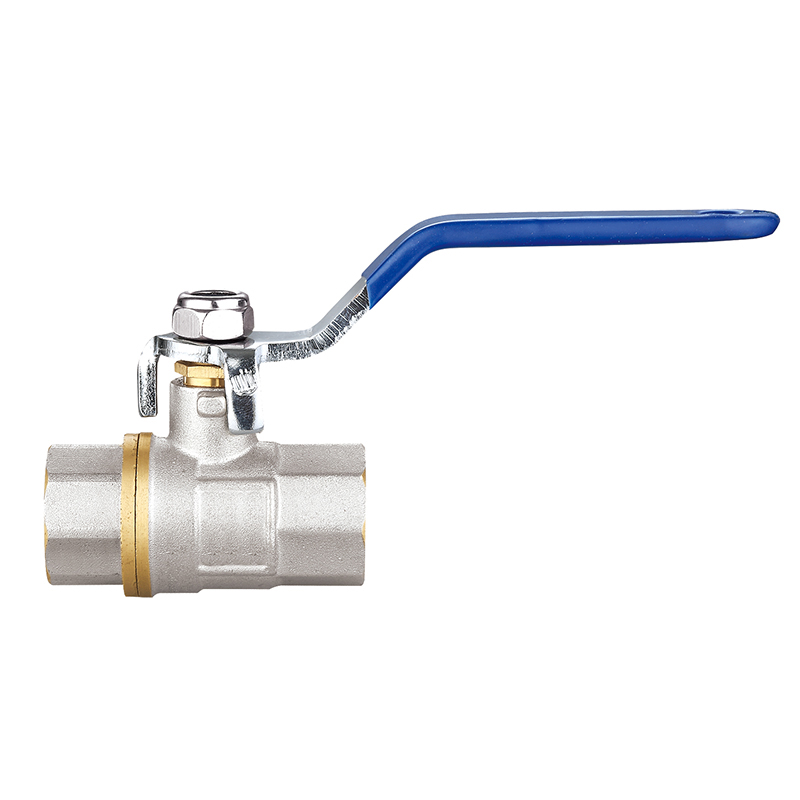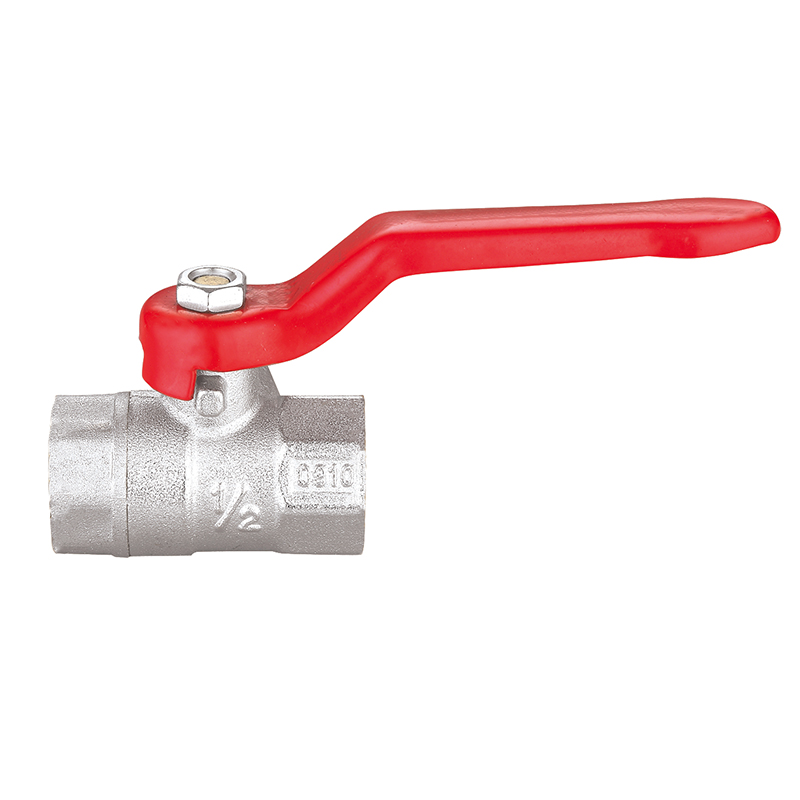Water Valves: Essential Flow Control Devices for Modern Plumbing and Fluid Systems
2025-07-11
Water valves play a fundamental role in the control and regulation of fluid movement across a wide range of systems. From residential plumbing and commercial infrastructure to irrigation, HVAC networks, and industrial pipelines, these valves provide the means to start, stop, and modulate the flow of water efficiently. Available in a diverse range of types, sizes, materials, and functionalities, water valves are indispensable for ensuring safety, system performance, and operational control.
Their versatility stems from the fact that different valve designs are suited for specific pressure levels, flow patterns, and application needs. Whether used for basic shut-off in a kitchen sink or complex modulation in a water treatment plant, water valves serve as the backbone of reliable fluid management.
Fundamental Functions of Water Valves
The primary role of any water valve is to control the flow of water within a system. Depending on the type, a valve may perform one or more of the following functions:
Isolation: Fully opening or closing to allow or block water flow. This is commonly used during maintenance or emergencies.
Regulation: Adjusting the flow rate and pressure to suit operational needs.
Backflow Prevention: Ensuring water flows in only one direction to prevent contamination or system failure.
Diversion: Redirecting water from one path to another in branched pipelines.
Because of these functions, selecting the correct valve type is crucial for the efficiency and safety of a water-based system.
Common Types of Water Valves
Ball Valves
Ball valves use a rotating spherical disc with a hole through its center to start or stop flow. Known for their tight sealing and quick operation, they are commonly used in both residential and industrial systems where reliable shut-off is essential.
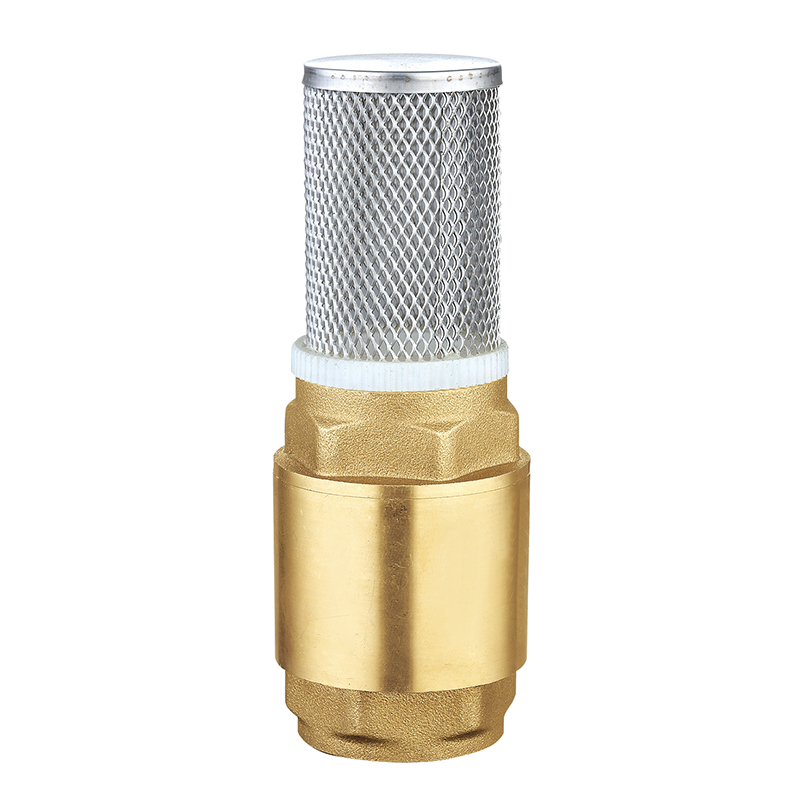
Gate Valves
Gate valves use a rising or non-rising wedge-shaped gate that moves up and down to block or allow flow. They are typically used in applications where the valve remains either fully open or fully closed, such as in municipal water supply lines.
Globe Valves
Globe valves regulate flow using a movable disc that throttles the fluid. Their precise control makes them ideal for systems that require frequent flow adjustments, such as cooling systems or chemical dosing applications.
Check Valves
Check valves are automatic valves that allow water to flow in one direction only. Commonly used in pump systems and pipelines, they protect against reverse flow, which could otherwise damage equipment or contaminate the source.
Angle Valves
These valves are installed where pipelines meet fixtures, such as under sinks or behind toilets. Their 90-degree design allows for space-saving installation while offering localized shut-off control.
Butterfly Valves
Using a rotating disc mounted on a shaft, butterfly valves offer a compact solution for regulating flow in large-diameter pipes, particularly in HVAC and water distribution systems.
Stop Valves
Stop valves are small shut-off devices used to isolate a specific fixture in residential or commercial plumbing, such as a toilet or washing machine. They are essential for maintenance and quick water shut-off.
Faucets (Taps)
As one of the familiar water valves, faucets are manually operated valves used to release water at the point of use, such as in kitchens, bathrooms, or gardens.
Float Valves
Installed in tanks and cisterns, float valves open and close automatically based on water level, maintaining a consistent volume without manual input.
Valve Joints and Fittings
Though not flow-controlling on their own, valve joints, unions, and connectors are critical for integrating valves securely and effectively into pipeline systems.
Materials and Construction
Water valves are constructed from a variety of materials to meet different system demands:
Brass: Corrosion-resistant and durable, ideal for residential plumbing and potable water.
Stainless Steel: Used in high-pressure or corrosive environments, such as chemical and industrial systems.
PVC and CPVC: Lightweight and non-corrosive, for irrigation and non-potable water systems.
Cast Iron and Ductile Iron: Common in large-scale municipal and industrial pipelines for strength and longevity.
The choice of material affects valve longevity, compatibility with fluid type, and installation environment.
Applications Across Industries
Water valves are used in virtually every industry and setting involving fluid movement:
Municipal Water Systems: Control the flow from treatment plants to homes and businesses, managing supply, pressure, and safety.
Irrigation Networks: Automate water distribution to fields, greenhouses, and landscaping zones.
HVAC Systems: Regulate the flow of hot or chilled water in heating and cooling loops.
Residential and Commercial Buildings: Provide local and whole-building control over water supply.
Whether you want to become our partner or need our professional guidance or support in product selections and problem solutions, our experts are always ready to help within 12 hours globally.




 русский
русский Español
Español عربى
عربى